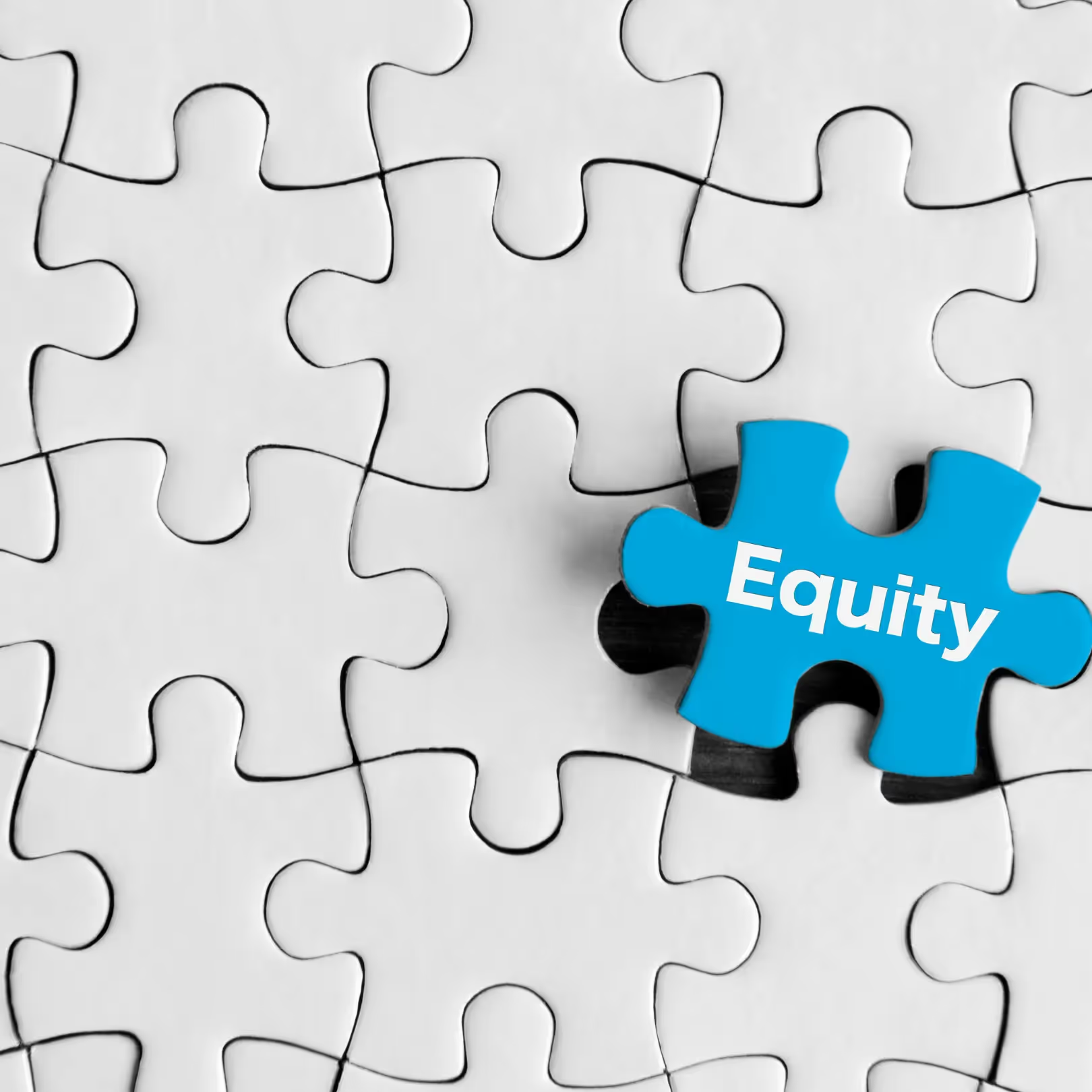Evaluation, Feedback and Coaching: What You Need to Know
May 3, 2021

“The reason I wanted to become a manager is to help my team grow, but given how much of an emphasis my organization puts on evaluations, I’m the one responsible for assessing them. I worry this means they don’t want me to see the areas they are weaker in or tell me the truth about where they need support. Is it possible for a manager to be a successful coach in this type of situation?”
I’ve received a lot of questions about the intersection of managing and coaching. Most often I provide the same answer I will to this one: Maybe.
There are very few things that just will or won’t work. The key is almost always in how they are done. Here’s what matters most: purpose, transparency and readiness.
Let’s start with purpose.
The most important part of purpose is that there is an intentional, and shared definition. Ask yourself, “why does this function (assessment, feedback, coaching, etc.) exist in my practice? In our organization?” Once you have an answer for yourself, ask that same question of your manager. Alignment is key.
One way to think about the three could be:
- The purpose of assessment is to have accountability
- The purpose of feedback is to align on practice
- The purpose of coaching is to support growth
You don’t have to agree with the above, but you do need to have your own articulation, one that is shared by your manager and those you manage.
Next comes transparency.
The first step to transparency is sharing how you think about these different support functions. The next is being crystal clear about what to expect in each type of conversation. A particular point to focus on is who is the source of judgment. For example, in an assessment conversation the source of judgment will be the boss working from an established set of standards. In a feedback conversation, the source of judgment will also be the boss but will likely be working from their own expectations and preferences. In a coaching conversation, the source of judgment will be the direct report, taking into account the fullness of their self, experiences and capabilities.
Not all situations are ripe for coaching. Once you define purpose, you can determine which are and are not. And make sure it’s clear in the moment — to you, and your direct report — which function you are drawing upon and why.
And then comes readiness.
Coaching requires a tremendous amount of skill. Coaching when you’re the boss requires even more. In addition to artfully facilitating a conversation, you are also required to be mindful of the very real power dynamics that will limit the extent to which the coachee can truly be the source of judgment without experiencing the (real or perceived) pressure of embracing what they believe you want to be true.
Keep Learning
- Have content just like this sent straight to your inbox. Subscribe to our Weekly Wisdom Newsletter
- Want to know more about Transformational Coaching? Read and watch the recording of An Introduction to Transformational Coaching
- Start your Transformational Coaching journey. Take our foundational workshop. Register for an upcoming Art of Transformational Coaching workshop

.png)

.avif)
.avif)








